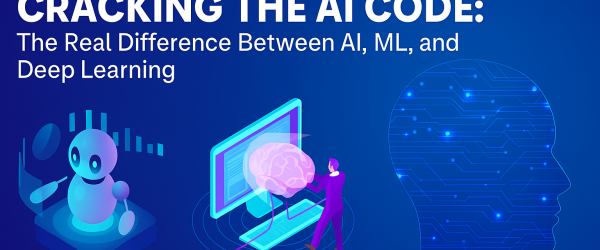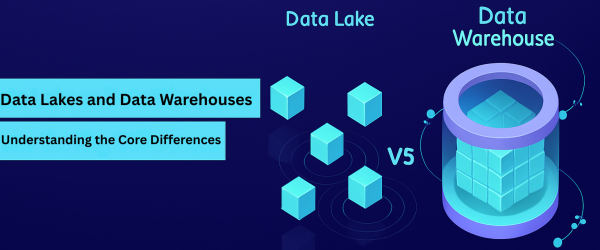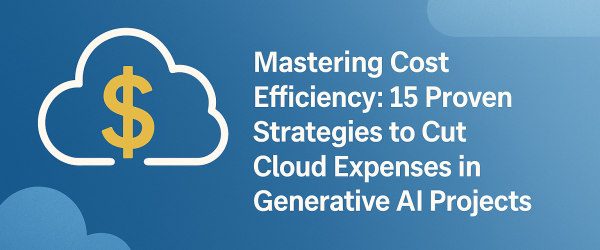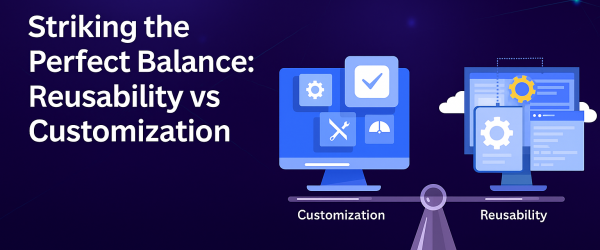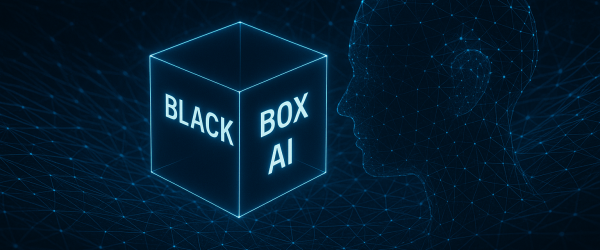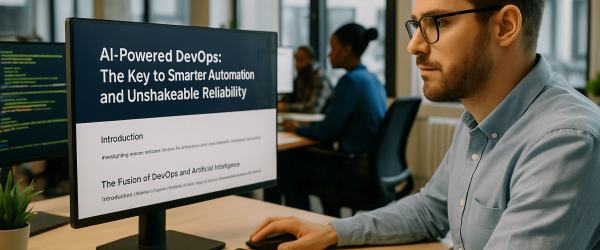Technology, data, and AI have undoubtedly improved our lives in many ways, but there is a growing concern that as we increasingly automate tasks that once required human effort, we may lose the very qualities that define us as humans.
Creativity and problem-solving are inherent human capabilities that have been essential to our progress and evolution. From the earliest times, people have used art to express themselves and invented tools to enhance our lives, and these capabilities have only grown more sophisticated as technology has advanced.
Throughout history, we have seen significant technological changes, from the agricultural revolution and the invention of tools like the plow and seed drill to the industrial revolution and the development of machines that could automate manual tasks. Now, we find ourselves in the midst of the digital revolution, where technology has evolved to the point of being able to automate our thought processes.
While technology has certainly improved many aspects of our lives, from transportation to education, from communication to healthcare, and made manual processes more efficient, there is now a growing concern that the trade-off of technology’s ability to automate our thinking is the risk of losing our uniquely human qualities.
As we embrace the benefits of AI and other advanced technologies, we must also consider the impact they will have on our humanity and strive to preserve the qualities that make us human.
What defines our humanity?
Humanity is distinguished by our ability to solve problems creatively. It is our most human trait, and it sets us apart from machines. We risk losing this ability if we rely too much on technology to think for us. Artificial intelligence can process and analyze vast amounts of data more quickly than humans, enabling faster decision-making in certain situations. While AI has its benefits, it is important to find the right balance between technology and human creativity.
In the past, manual creative skills such as knitting brought people together. People used to gather in groups to knit and share stories, forming bonds and a sense of community. However, these skills were largely replaced by machinery during the industrial revolution.
Today, small-scale knitting is making a comeback, as people seek a break from screens and a way to preserve traditional creative skills. These skills are not only a way to balance out our technology-heavy lives but also a way to counteract the loss of manual, creative problem-solving skills that define us as humans.
Awareness and protection
The benefits and risks of technology are constantly in flux, and it is crucial to maintain awareness and protection. When we receive notifications on our phones, do we know why and how they were sent to us?
There’s no such thing as a free lunch. In exchange for a free coffee or other online offers, companies frequently require us to provide our data, which is then used to predict our preferences for targeted ads. These nudges can range from basic shopping ads to sophisticated political campaign ads during elections. Because this data exchange is often subtle, it contributes to the perception that decisions are being made for us. However, we do have a choice.
As individuals, we have the power to withhold our data when we don’t need to share it. This gives us agency and control over our data privacy. Fortunately, we are not the only ones who recognize the value of our data, and laws are being put in place to protect it. GDPR is the most significant of these laws, and more recent examples include Apple’s Mail Privacy Protection (MPP) and the anticipated “cookieless” future.
AI is also going to be monitored. In December 2021, the UK Government released a report from the Centre for Data Ethics and Innovation outlining a path to an effective AI assurance system, and in July 2022, it released an associated consultation paper. When it is developed, this ecosystem should enable AI innovation within an ethical framework. The industry is making progress in the right direction, and the opportunities that this opens up are exciting.
Restoring equilibrium
AI has not been fully adopted across industries, partly due to the varying levels of data maturity within organizations. There is also a certain level of reluctance stemming from concerns about AI misuse.
Nonetheless, there are several ways in which AI can enhance business output, especially by automating time-consuming tasks such as manual data processing, freeing up more time for humans to focus on higher-value tasks.
As companies adopt AI, they must ensure that they use data ethically. The digital revolution can bring about several benefits to our lives, such as automation and improved efficiency, but there must be a balance to prevent technology from undermining our creativity.
To combat this, people are returning to traditional skills like knitting to maintain their creativity.
Similarly, individuals can preserve their unique identities by thoughtfully engaging with AI and being selective about data sharing. At the organizational level, businesses can benefit from AI by ethically engaging with it while protecting our human qualities.
Thank you for reading. For continued insights and in-depth discussions, please follow our blogs at Ezeiatech.


